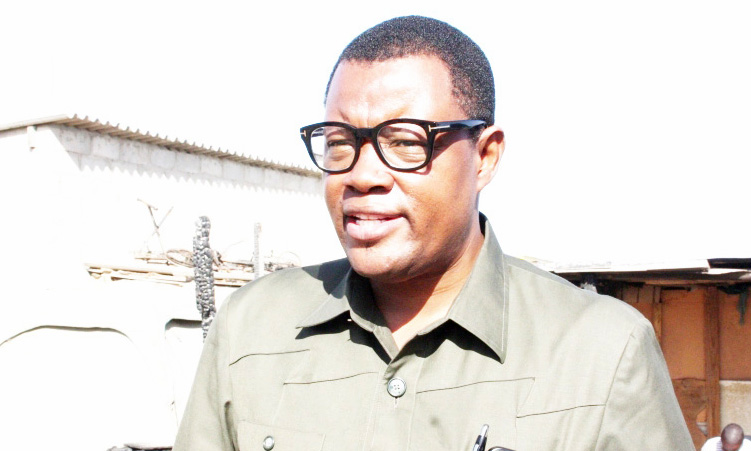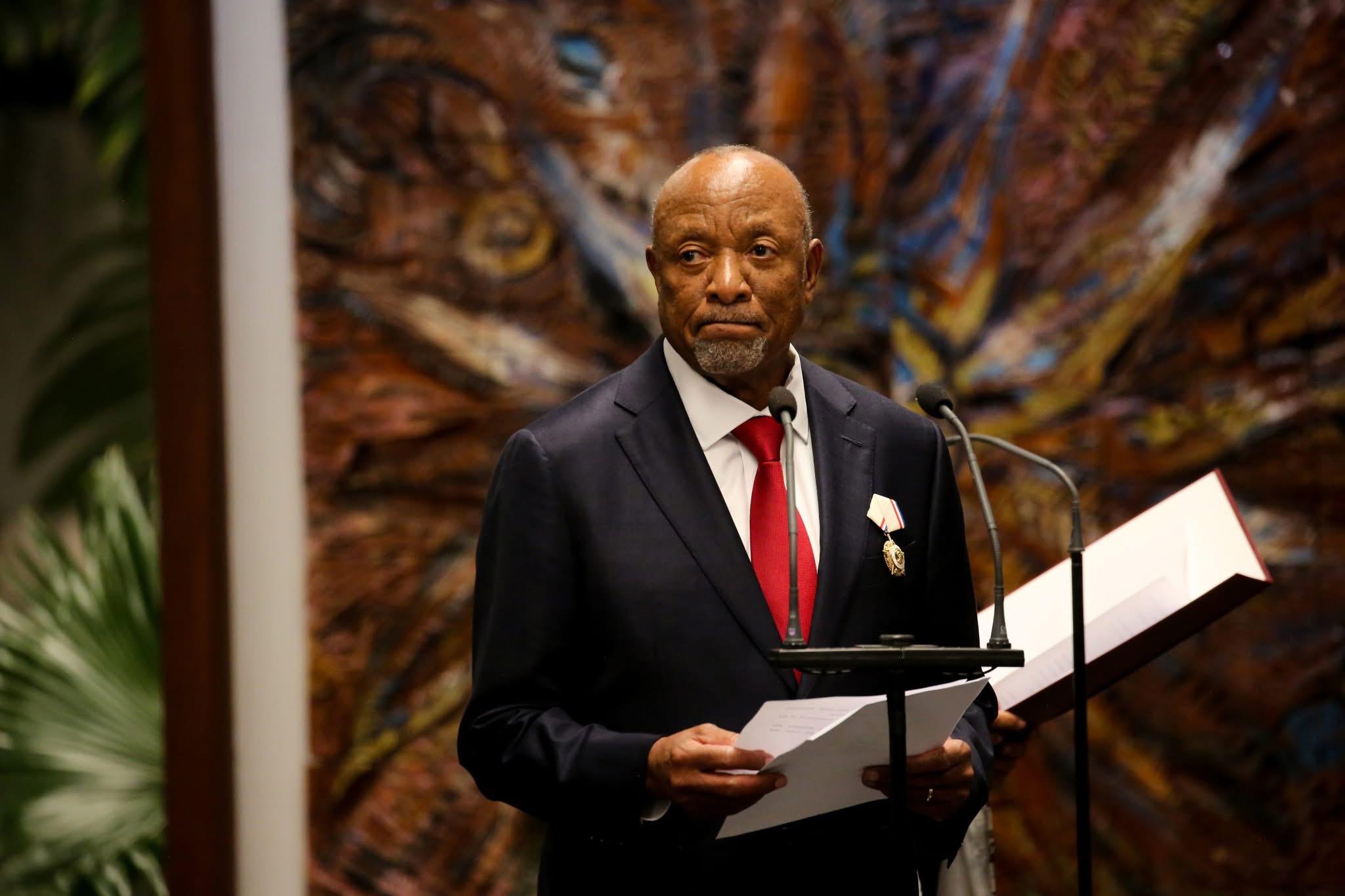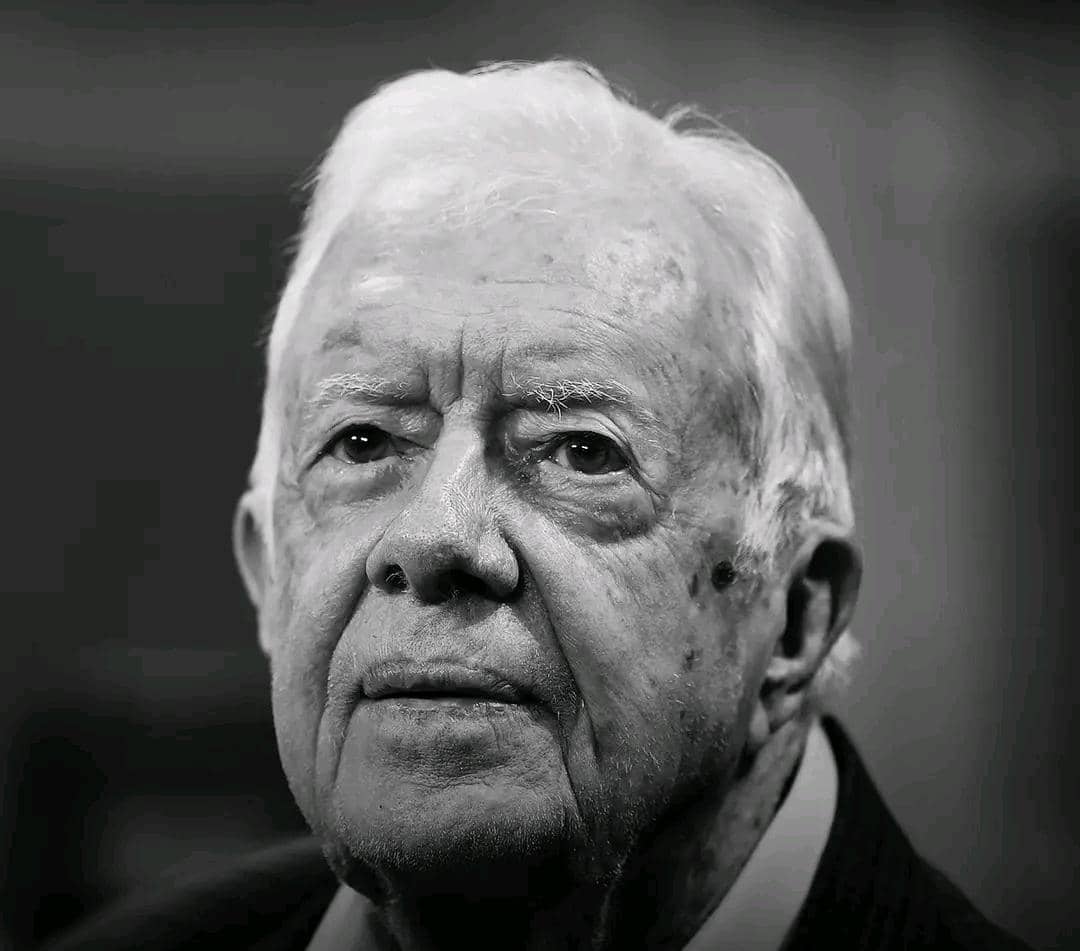Popular Democratic Movement (PDM) leader McHenry Venaani has lambasted teachers’ workwear, saying it is often inappropriate.
Venaani made these remarks in the parliament on Wednesday while contributing to a motion by fellow party member Hidipo Hamata on the government making adequate resources available to public schools in order to excel like private schools.
“Today you find a teacher wearing All Stars, a skinny jean with a T-shirt, a tie and a rasta at a chalkboard teaching. Even a parent who was raised in the colonial era when you enter that classroom, you would ask where the teacher is,” Venaani said.
He said in the past teachers dressed well and were respected.
“A teacher today in a village, you are at school, and after school, you are drinking beer with the kids at the cuca shops. There is no level of authority any more. Another problem is hubbly bubblies,” Venaani said.
He said societies prepared good teachers in the past and pupils obeyed instructions.
“In the past you didn’t even want to meet your teacher on the weekend. Even when you find them in a shop, you wait. A teacher was a symbol of discipline and authority,” Venaani said.
Swapo lawmaker and deputy minister of works and transport Veiko Nekundi blames parents for not taking their children’s education seriously.
He yesterday asked how many parents are familiar with their children’s handwriting, subjects, test scores, teachers’ comments and summaries.
“This is one thing that contributes to poor performance. Another thing is indiscipline in pupils. A teacher can’t do anything, because when they want to discipline, the parents come to school with a knife,” he said.
“If you are told the length of your hair and skirt . . . you obey, and if you don’t want to, you are out. At public schools what is happening, a child is wearing a see-through skirt and shirt. The dress is like underwear,” Nekundi said.
He said when school principals suspend children, their parents stage demonstrations.
Children should be told their rights are limited and that they have an obligation to study and respect their teachers, he said.
“We must avoid telling children that discipline is two-way traffic. If you tell a child their rights are equal to that of their parents, it is dangerous, and that is where we are heading as a country,” Nekundi said.
Lawmaker Elma Dienda said there is a lack of discipline in both teachers and pupils.
“Our constitution says corporal punishment is not allowed and this is whose problem? Is it not us, the lawmakers, who must rectify this problem we started?” Dienda asked.
“Our children are not disciplined because of their rights. They have too many rights, so that there is no discipline in schools. Teachers can’t do anything with our children because of their rights,” she said.
Swapo lawmaker Calle Schlettwein, however, disagreed with Dienda’s sentiments on corporal punishment, saying it is wrong.
“Corporal punishment creates violence. We are debating gender-based violence here. Children are taught to solve problems without resorting to violence,” he said.
Stay informed with The Namibian – your source for credible journalism. Get in-depth reporting and opinions for
only N$85 a month. Invest in journalism, invest in democracy –
Subscribe Now!







